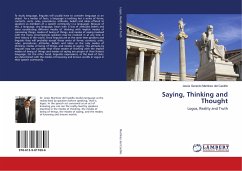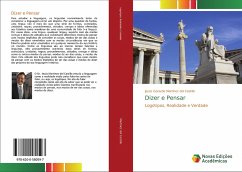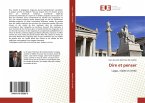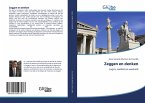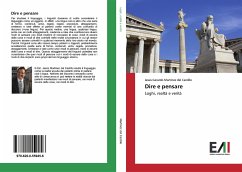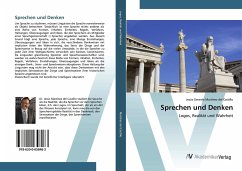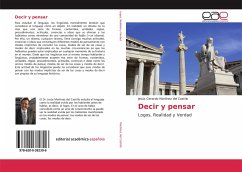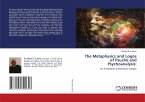To study language, linguists will usually have to consider language as an object. As a matter of facts, a language is nothing but a series of forms, contents, units, rules, procedures, attitudes, beliefs and ideas offered to speakers as members of a speech community (=a language). Because of this, a language, any language, bears with it lots of attitudes beliefs and ideas constituting different modes of thinking with implicit modes of conceiving things, modes of being of things, and modes of saying involved with the many circumstances speakers may be involved in at any time in their history in the world. Since linguists are at the same time speakers and linguists they will probably accept those series of forms, contents, units, rules, procedures, attitudes, beliefs and ideas as the only modes of thinking, modes of being of things, and modes of saying. This attitude by linguists may not consider that those modes of thinking with the implicit modes of being of things and modes of saying are proper of their historic language. On the other hand, linguistic expressions, at the level of tests, are determined with the modes of knowing and known worlds in vogue in their speech community.
Bitte wählen Sie Ihr Anliegen aus.
Rechnungen
Retourenschein anfordern
Bestellstatus
Storno

